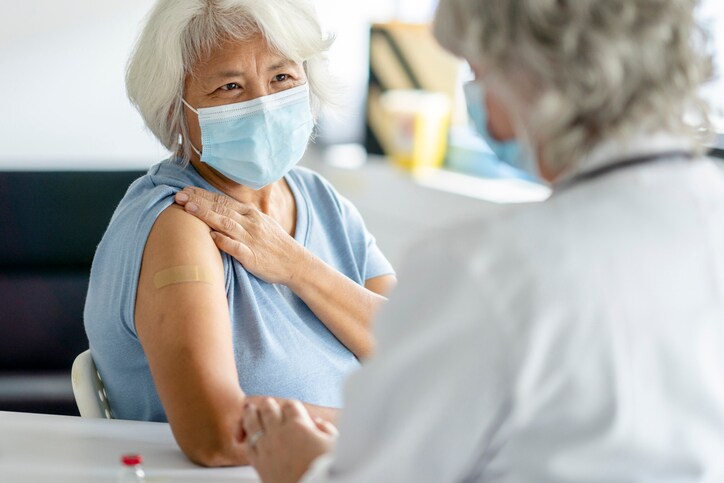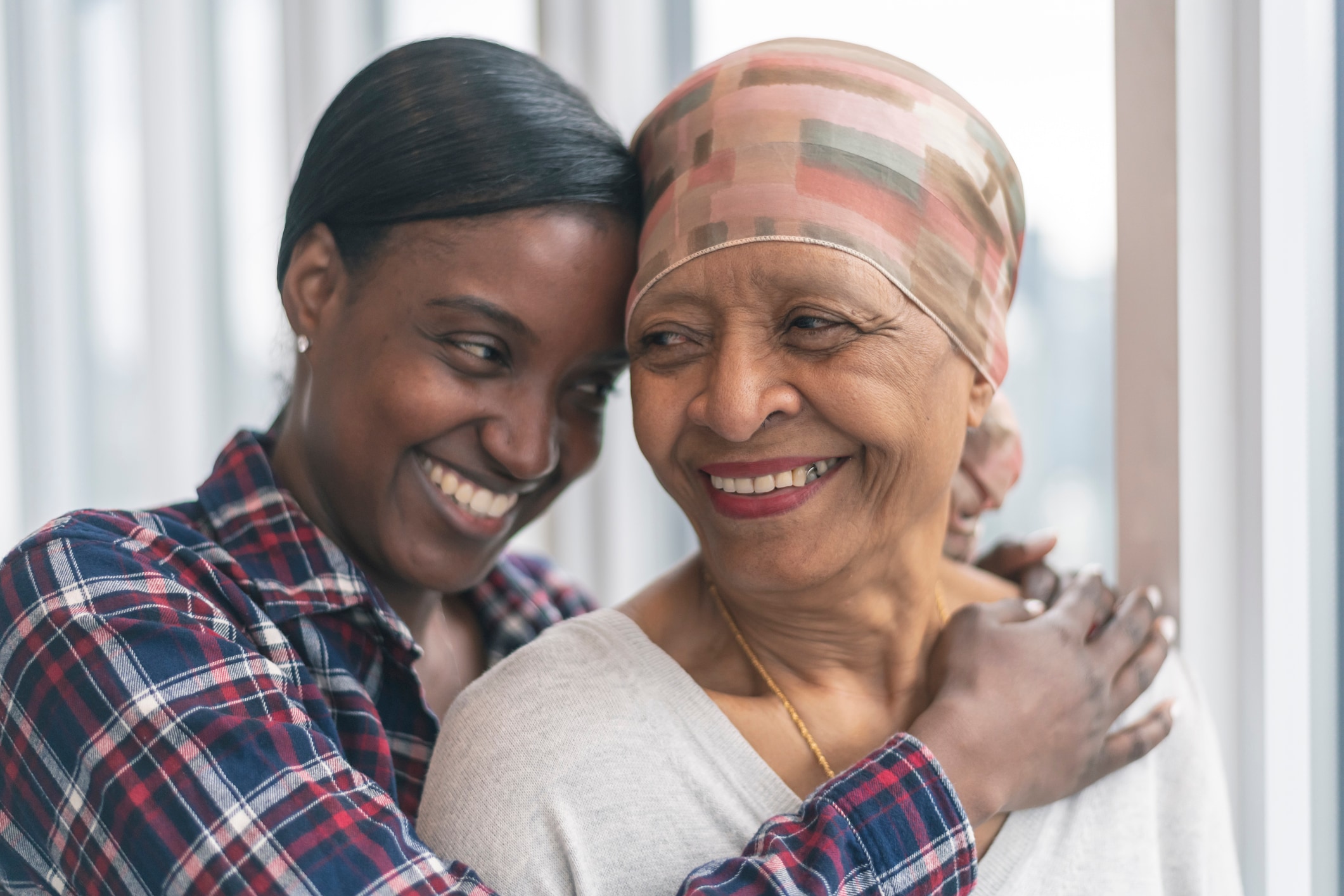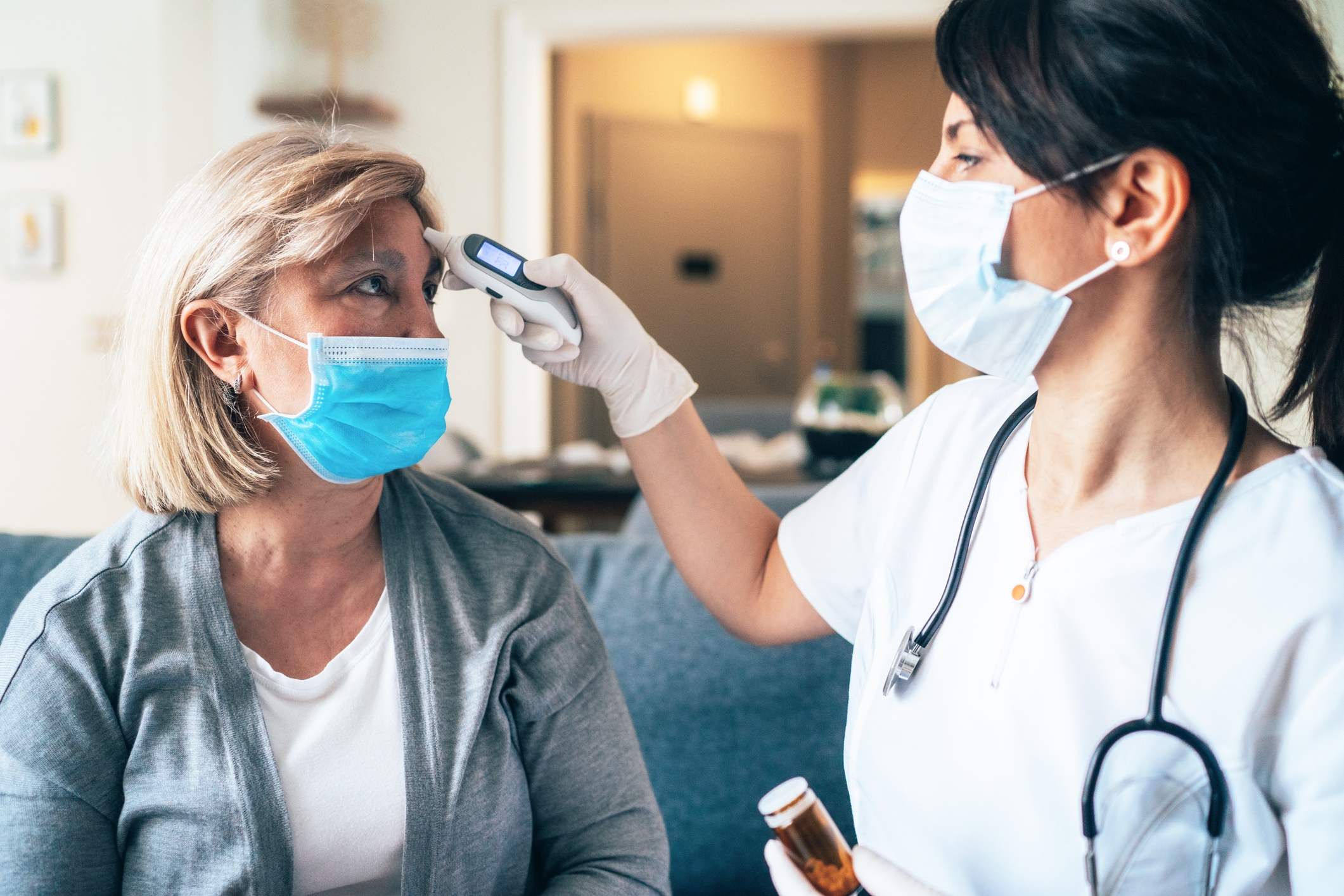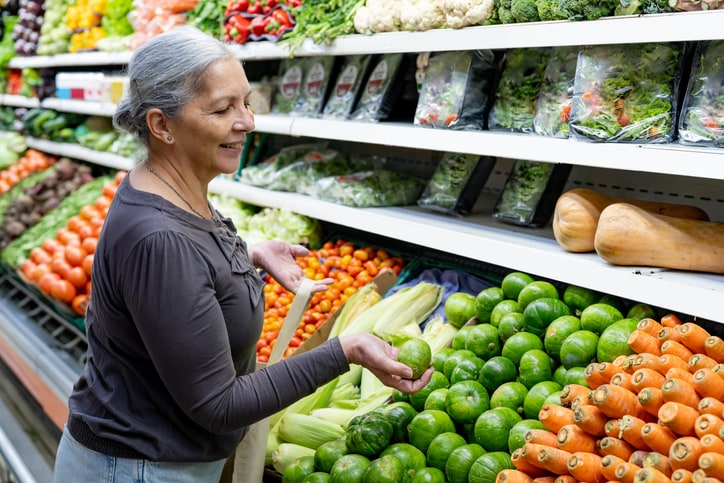There’s a respiratory virus making headlines this year that you’ve likely already had at some point in life. Nonetheless, it’s posing a threat to seniors. Respiratory syncytial virus, known as RSV, resembles the common cold. While most healthy adults and children get better within a couple weeks, the virus, which infects the nose, throat, lungs, and breathing passages of the upper and lower respiratory system, is very dangerous for babies under 6 months and adults 65 and older. Each year in the United States, 60,000 to 120,000 adults over age 65 and 58,000 to 80,000 children under the age of five are hospitalized. Up to 10,000 adults over age 65 and some 100 to 300 children die from the infection.
“RSV has already peaked in the U.S. this season, but I do think that there will be multiple RSV vaccines available for older adults in time for next season,” notes Dr. Amesh Adalja, an infectious disease expert and senior scholar at the Johns Hopkins Center for Health Security.
Here’s a look at what’s known about the new RSV vaccines for older adults, what’s not and what lies ahead for 2023 to protect against the massive harms the virus causes.
Which drug companies are close to making an approved RSV vaccine?
Right now, RSV vaccine trials from drugmakers are still underway, and once they conclude, they will each need to go through a regulatory review and approval process by the U.S. Food and Drug Administration (FDA).
Moderna
On January 17, 2023, Moderna announced their RSV vaccine was 83.7% effective in preventing RSV with two or more symptoms, in people ages 60 and older, and it was 82.4% effective at preventing lower respiratory tract disease with three or more symptoms. No safety concerns were identified during the phase III clinical trial, which enrolled about 37,000 people across 22 countries. The company plans to publish their data in a peer-reviewed journal and file an application for FDA approval of their vaccine in the first half of 2023.
Pfizer
On December 7, 2022, Pfizer announced the FDA granted priority review to their RSV vaccine for older adults 60 years of age or older. On August 25, 2022, the company released data showing the vaccine was 66.7% effective in preventing lower respiratory tract illness in people 60 and over and 85.7% effective at preventing severe disease. Additionally, Pfizer said there were no safety concerns, and that the vaccine was “well tolerated” among participants in the phase III clinical trial. The FDA is currently reviewing the data in the Biologics License Application (known as the BLA), which is tens of thousands of pages long. They are said to decide on whether the vaccine is ready to be marketed by May 2023. If approved, Pfizer’s RSV vaccine will likely be available by fall 2023 to the public. Pfizer is also developing a RSV vaccine for pregnant women, who would be immunized to protect their newborns after delivery.
GlaxoSmithKline (GSK)
On October 13 2022, GSK reported their RSV vaccine was 94.1% effective against severe RSV in adults age 60 years and older with overall efficacy at 82.6%. The vaccine was well tolerated in phase III clinical trial participants with adverse effects typically mild-to-moderate. An FDA decision on that filing, made by GSK in late 2022, is also expected in May 2023.
How do the new RSV vaccines work?
Different types of vaccines work in different ways to offer protection, but none of the RSV vaccine candidates referenced above are “live vaccines.”
“One of the 11 proteins the RSV virus uses to infect our healthy cells is called the F glycoprotein,” explains Rob Swanda, who holds his doctorate in biochemistry and is a mRNA biochemist. The mRNA RSV vaccine designed by Moderna “gives our cells the instruction (via mRNA) to make the F glycoprotein ourselves,” says Swanda. This, he says, allows our immune system to recognize that this F glycoprotein is not one of our own proteins, create an immune response against it, and then, keep memory of what that protein looks like.
“It’s like receiving a cooking recipe that can’t be stored or saved,” explains Swanda, who is known for his whiteboard videos explaining vaccine science. “You use your own ingredients to make the dish, then you know what the product tastes like, and if you came across that same dish in the future you would remember that you tried it before.”
Researchers have been studying and working with mRNA vaccines for decades — long before the pandemic and the experience in developing the COVID-19 mRNA vaccine played a major role in getting these RSV vaccines close to the finish line.
What are the side effects?
The majority of side effects associated in the RSV vaccine trials included those, according to Swanda, common with any injection:
- Pain
- Fatigue
- Headaches
- Muscle pain
- Joint pain
Marty Davey, 64, a registered dietitian from Yonkers, New York, and her husband, Jim Fitzpatrick, 72, are currently participating in one of the RSV vaccine trials. “We each got an RSV vaccine about six months ago, and so far, so good,” she says.
The couple initially saw an ad on Facebook recruiting seniors in good health to be a part of the two-year drug trial, which is run in their area by Drug Trials America in Hartsdale, New York. “We get a notification every Monday to let the researchers know how we are feeling, if we can work, and if we can do daily living activities, and were given thermometers to record our temperature the first two weeks after receiving the vaccine,” she explains.
Since the RSV vaccine candidates are using the same technology as the mRNA COVID-19 vaccines, Swanda said your health care provider should have appropriate information regarding compatibility of the RSV vaccination and any other medications you may be taking.
“The benefit of the vaccines is in preventing severe diseases for RSV and not of use once someone is already experiencing the disease.”
— DR. AMESH ADALJA, AN INFECTIOUS DISEASE SPECIALIST
Can getting the RSV vaccine eventually help older adults hospitalized with the virus?
If you or a loved one is hospitalized with RSV, it’s natural to want a magic cure or any kind of relief to help. Unfortunately, it’s not that simple.
There is no medication to treat RSV currently. “The RSV vaccine is a preventative vaccine, not a therapeutic vaccine,” Dr. Adalja points out. In other words, getting it while you’re in the hospital with severe RSV isn’t going to do you any good in terms of treatment. “The benefit of the vaccines is in preventing severe diseases for RSV and not of use once someone is already experiencing the disease,” he explains.
While Davey and Fitzpatrick didn’t report any immediate side effects after receiving their RSV vaccine in the trial, they both came down with COVID-19 at the start of 2023. “You’re bound to come down to something when you’re coming in contact with 300-400 people every day,” says Davey, who takes public transportation to work.
RSV is a different virus than COVID-19, and it is currently unclear if people with long COVID, a chronic condition where people continue to experience symptoms such as fatigue, shortness of breath and brain fog after recovering from COVID-19, are more at risk for RSV compared to those who have fully recovered from COVID-19.
It’s possible respiratory viruses in general (i.e., RSV, COVID-19, flu) may be more prevalent in certain regions or there may be more susceptible people due to increased travel, changes in the viruses themselves or disruptions to the usual preventive measures that were in place during the pandemic.
How to reduce your own and an older loved one’s risk of RSV right now
RSV spreads much more through contaminated surfaces, which makes hand washing and cleaning surfaces more critical. Dr. Adalja also recommends older adults who are high-risk “be cautious in crowded, congregated areas and think about wearing masks in those situations.”
As we age, so too does our immune system. Older adults are more vulnerable to other vaccine-preventable diseases like flu, COVID-19, pneumonia and shingles.
“In my experience, professionally, there are an awful lot of folks who say, ‘I’ll get a pill for that.’ But there are preventative things you could be doing to get healthier and have a better quality of life,” notes Davey. “We all lived through a pandemic and know about long COVID. Once you go on a respirator, your lungs are forever changed. Period.”
Talk with your own and your senior loved one’s health care provider about risks for diseases and an immunization schedule that is best for you both.





